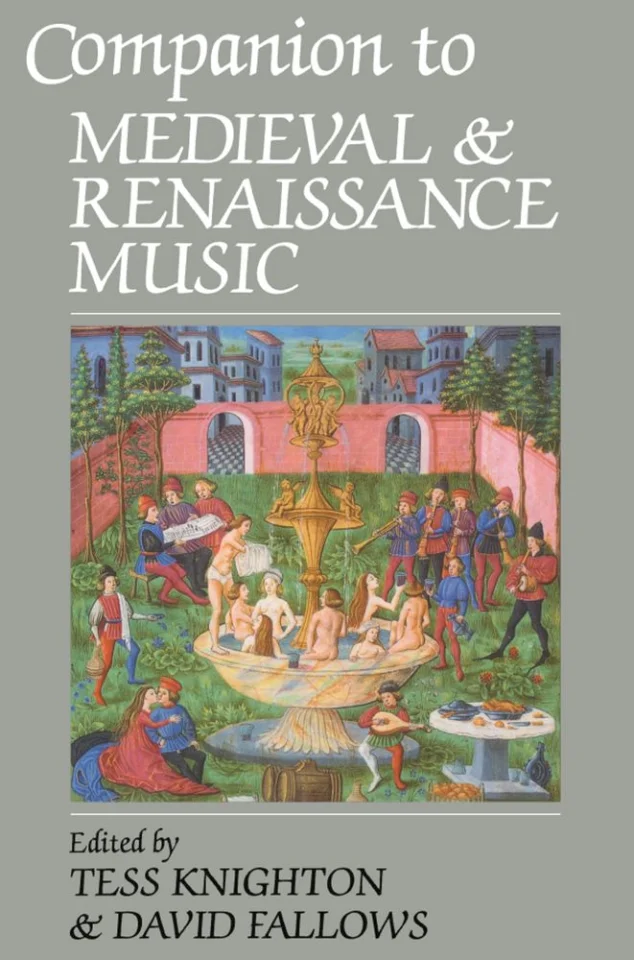The years since the early music revival gathered momentum in the 1960s and 70s have witnessed many new developments in the field of pre-Baroque music: some revelatory recordings and concert performances have opened our ears to a new range of possible sound worlds for music of this period, and scholars have made discoveries that in many ways challenge the accepted views about this until recently neglected end of the repertory. Much pre-1600 music, the more so the further we go back in time, sound not only unfamiliar but also strange to modern ears accustomed to the harmonies and rhythms that later came to dominate the Western musical tradition. How to account for this strangeness and how to weave it into our own musical experience are questions that confront us whenever we attempt to draw nearer to the music: its beauty is readily appreciated, but its meaning is often elusive.
David Fallows and Tess Knighton, scholars and critics in the field of medieval and Renaissance music, invited a number of international researchers and performers to contribute short essays on some of the most intriguing aspects of the subject. The aim was not so much a comprehensive reference book, although the Glossary gives brief definitions of terms and composer biographies, nor a strictly chronological survey, though the Chronology provides an overview of the main developments of the period, for these basic tools are already available. Rather, the Companion to Medieval and Renaissance Music, spanning over eight centuries of music-making, hopes to broaden and stimulate the reader's interest by discussing issues of live debate such as the original context for the music, how it was composed, and the ways in which it was performed.
What was it like to be a composer in the Middle Ages? Can we appreciate the difference between a good and a bad piece of medieval polyphony? Why did certain musical genres flourish and others fall into disuse? What can surviving documents or pictures or the musical manuscripts themselves tell us about how the music was performed, listened to, and appreciated during the period? The essays consider a wide range of the kind of evidence from which scholars and performers have to draw their conclusions and make the decisions that affect the ways in which the music can be brought back to life today.

